Abel
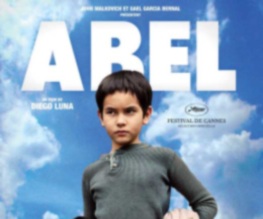
Abel is an unusual but gripping Mexican film, directed by Diego Luna, best known for his work on-screen in Y tu Mama Tambien and a further string of Hollywood roles. It tells the story of Abel, a nine-year-old boy with a catalogue of psychological issues, including a refusal to speak to anyone since his father left for work in the U.S. His mother, Cecilia, removes him from the care of the mental health hospital in which he is a patient to reunite with his family, believing that this may spark a recovery. With his single mother struggling to bring up his siblings, Abel becomes a surrogate father figure, believing himself to be the man of the house.
The film was cast via acting workshops for children, held by Luna to discover fresh new talent, over the course of a year or so. These workshops filled roles for two major roles in the film, the title character and his younger brother. Young Christopher Ruiz-Esparza, who had never acted before these workshops, provides a mesmerising turn as Abel, portraying the vulnerability of a young boy effortlessly alongside the world-weary and over protective aspects of his second personality. His real life brother Gerardo plays his younger brother Paul, and the on screen chemistry between the two boys creates some moments of real charm as Abel attempts to coach Paul through his homework assignments. The most impressive member of the adult cast is Karina Gidi as the single mother- with a genuinely maternal performance, we really get the sense that she has dedicated her life to raising her children. However, for all the talent in the cast it was always going to be the younger actors who drive the story and grab the most attention. Having such excellent actors as Luna, Gael Garcia Bernal and John Malkovich involved certainly seems to have rubbed off on them, as they do not disappoint.
The humour does all stem from one angle – that of a young boy acting as an adult. This could very easily have become stale, but by avoiding needless visual flair and focussing on the story, Luna creates an affection for his characters which prevents this. The humour manages to remain fresh throughout, with standout scenes including Abel’s interactions with his 16-year-old sister and the sequence in which we are introduced to the children’s real father. It is an achievement for any subtitled film to cross the language barrier, but Abel will provide some laugh out loud moments to complement a dark streak which surfaces as Abel climbs into bed with his mother, and in the menacing ending.
Without giving anything away, the ending is a showcase of directorial talent, cranking up the tension to a near unbearable level. It is an incredibly powerful piece of filmmaking which affects the audience all the more for the lighter moments which have preceded it. It is the range of emotions which this film takes the viewer through which marks Abel out as a superb debut for both Luna and Ruiz-Esparza. Sadness, happiness, humour, fear, and tension – the film takes us through the entire spectrum of emotions, and as a result is a memorable and affecting story which shows Luna to be a director to watch out for in future.

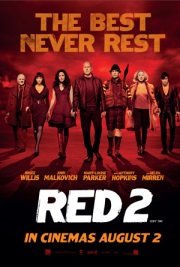
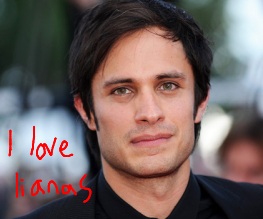
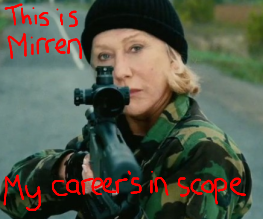
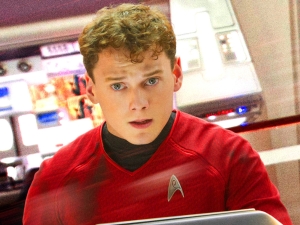
Recent Comments